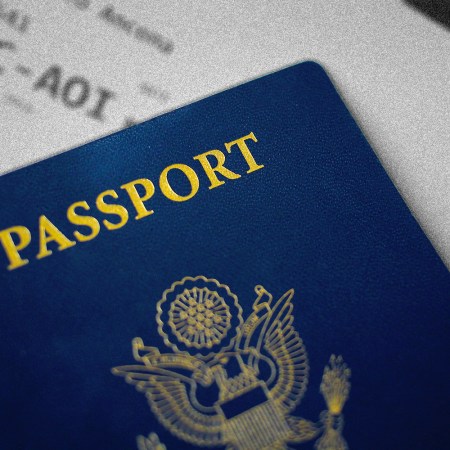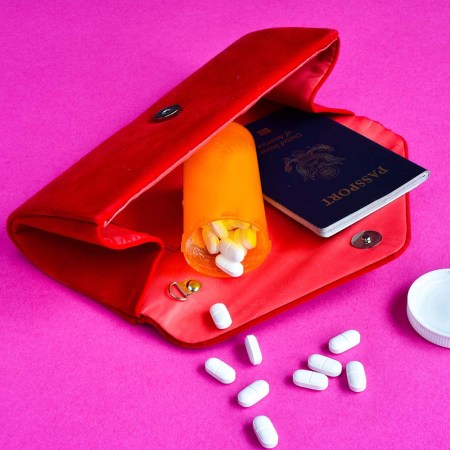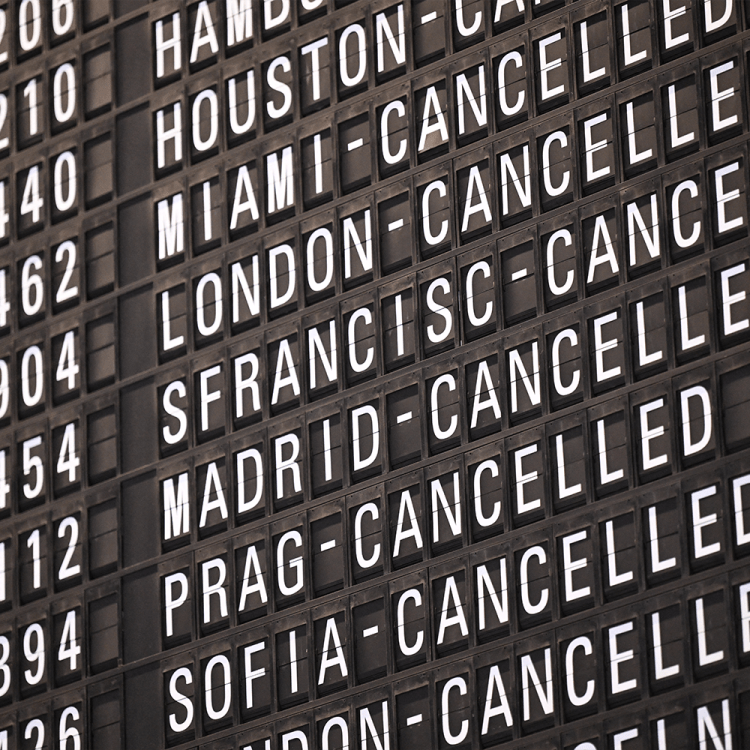Travel is a wonderful thing. It’s also spectacularly bad for the environment.
Air travel alone accounts for roughly 2.5% of global carbon dioxide emissions and is trending to take up a quarter of the world’s “carbon budget” by 2050. According to the now defunct website Shame Plane, if you fly round-trip from L.A. to Paris one time, you will personally emit more greenhouse gases than one person is “allowed” in a year, per the Paris Agreement targets for climate change reduction. Now take into consideration the fact that there are people, myself included, who take such trips several times a year, a month and even a week, and things start to feel more than a little bleak.
That said, in a 2023 report analyzing the future of sustainable travel, Australia-based tour operator Intrepid Travel floated a solution that, if it were to become a reality, would help mitigate the impact significantly. Enter the “carbon passport.”
Per a new report from CNN, a carbon passport is essentially a yearly carbon allowance that travelers may not exceed. Or, in short, a travel ration. And, by Intrepid Travel’s estimate, it could be in effect as soon as 2040. The caveat being that it’s not likely to be well received by frequent fliers.
These Travel Trendsetters in the Subarctic, Africa and Even Space May Be the Future of Carbon-Neutral Tourism
Nature tourism has a catch-22 problemBut before you — possibly a frequent flier — go writing it off entirely, it’s important to know the facts as they stand at this current moment. According to the CNN report, the average annual carbon footprint of a person, globally, is four tons. The average annual carbon footprint of a person in the U.S. is 16 tons. Further, as Ross Bennett-Cook notes, “to have the best chance of preventing temperature rise from overshooting two [degrees] Celsius, the average global carbon footprint needs to drop to under two tons by 2050.” That equates to around two roundtrip flights between London and New York, which — in this travel writer’s humble opinion — makes for a pretty compelling argument for carbon passports.
It’s also worth noting that other countries are already taking steps to reduce air travel. Earlier this year, Belgium cracked down on private jets and short-haul flights with a new tax. For its part, France banned short-haul domestic flights if the same trip can be made by train in two-and-a-half hours or less, and both Spain and Germany are expected to implement similar measures in the near future.
In fact, the U.K. even floated the idea of their own version of a carbon passport called “personal carbon trading” — albeit in 2008 — though, it never made it off the ground, primarily over concerns surrounding public resistance. Of course, the conversation is no less complex 15 years later, only more urgent. Intransigence is an inevitability…but, to that end, so are the rising global temperatures and the ramifications of doing nothing instead.
This article was featured in the InsideHook newsletter. Sign up now.

























